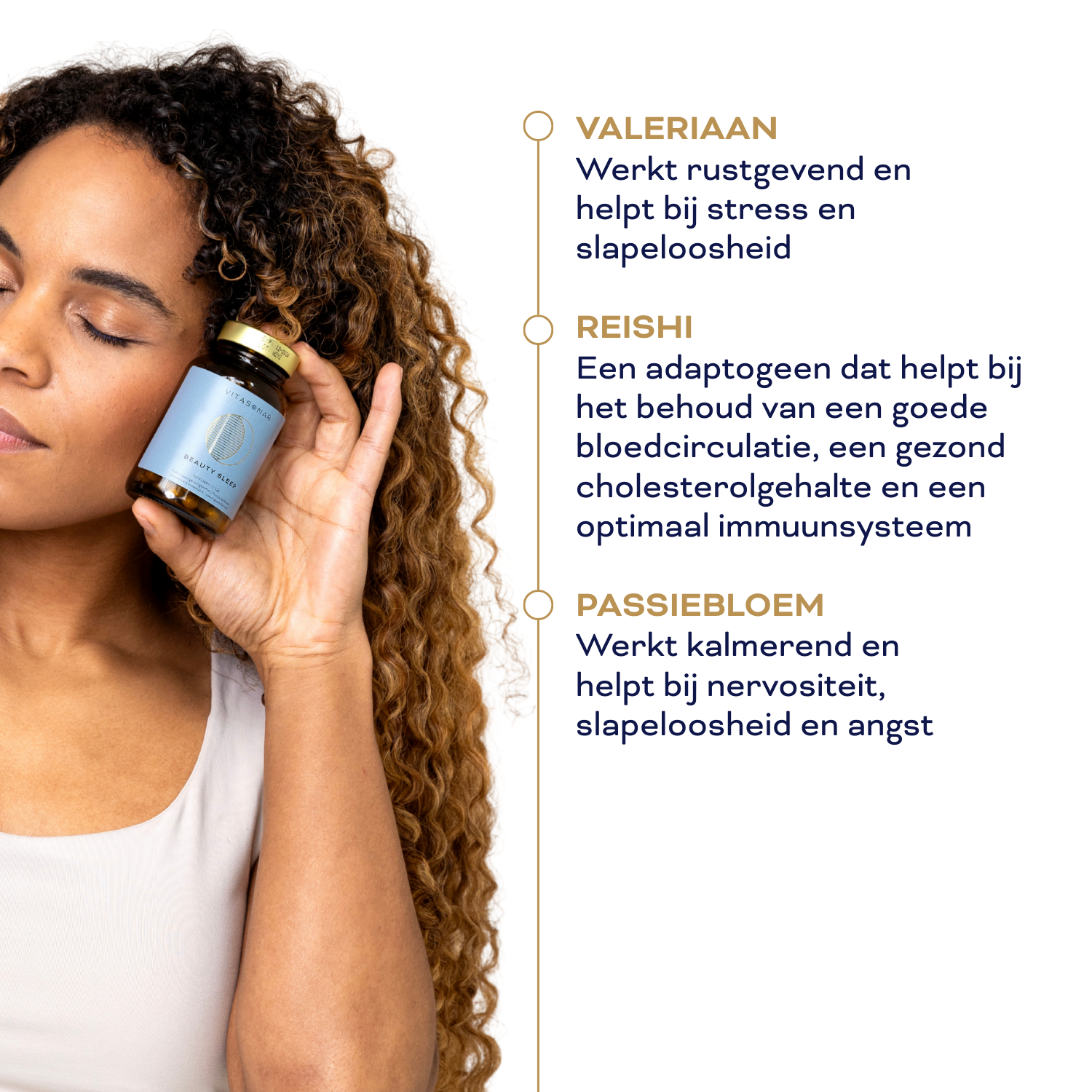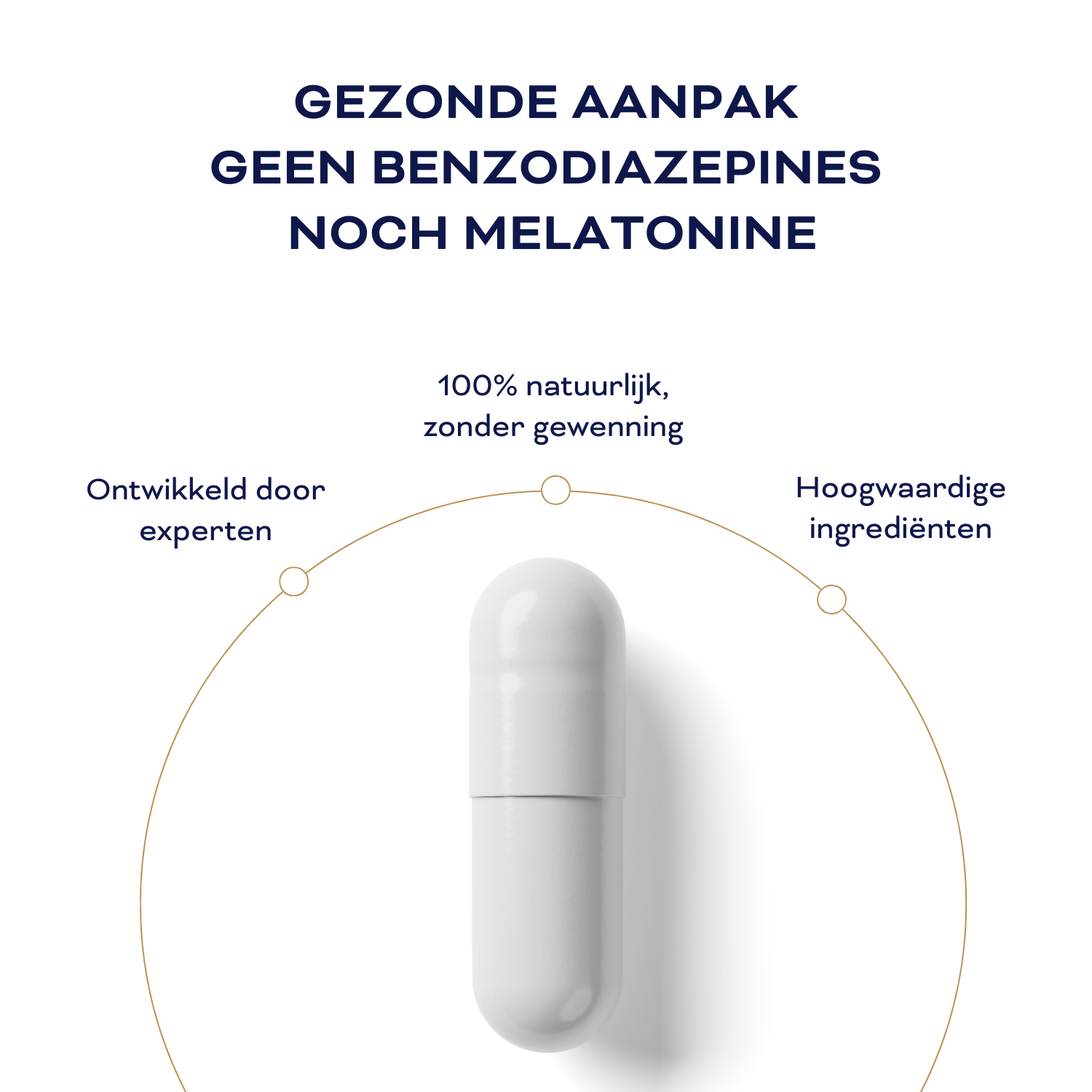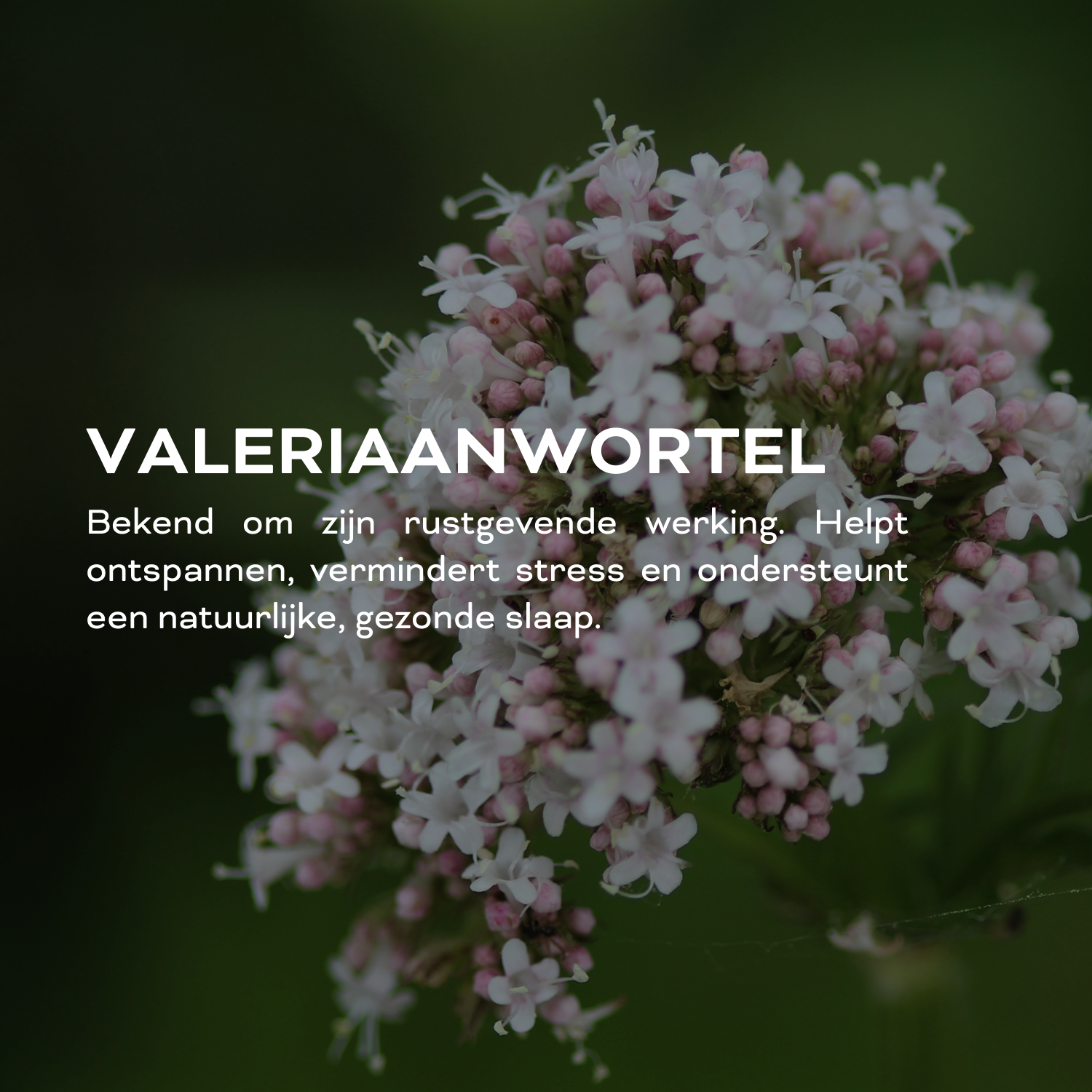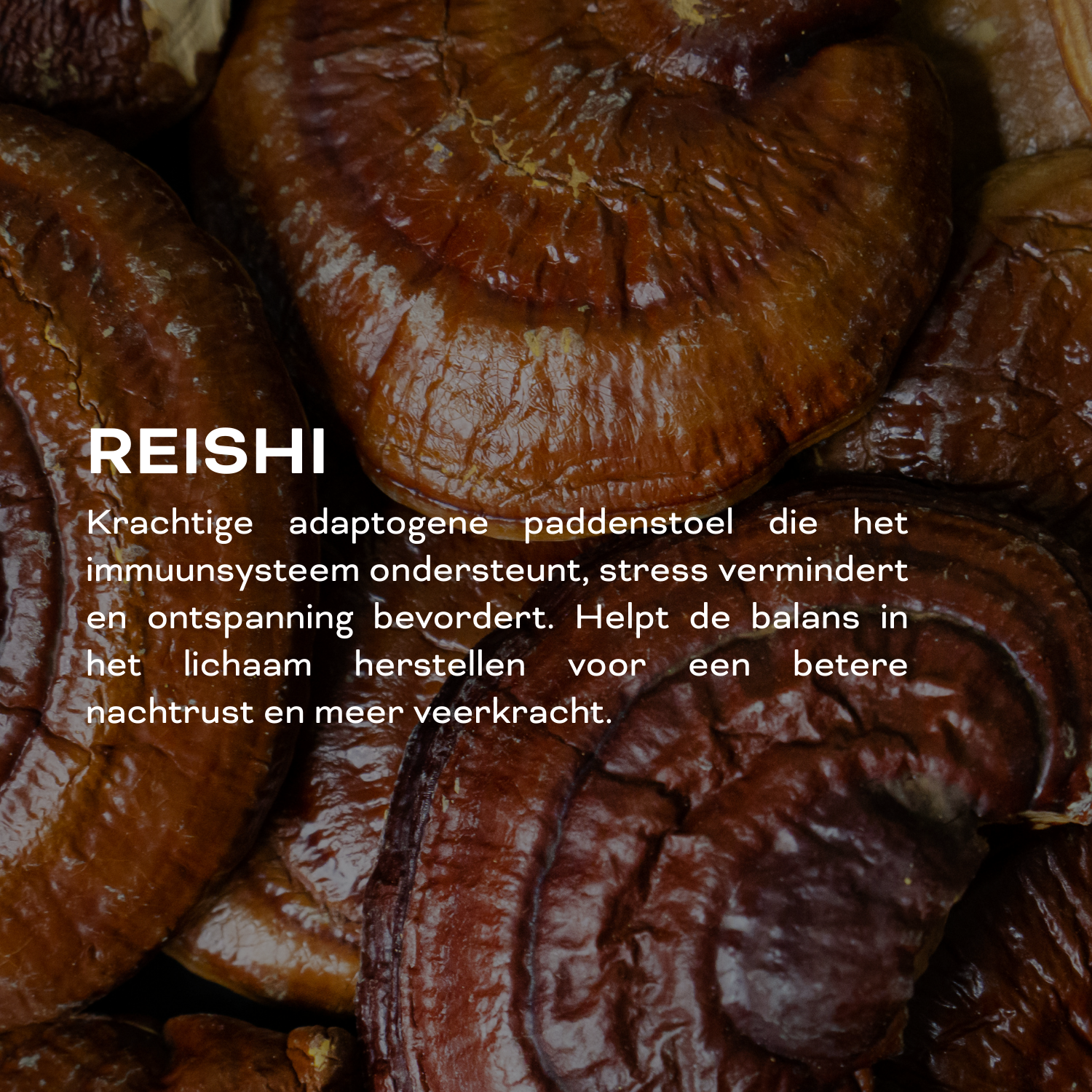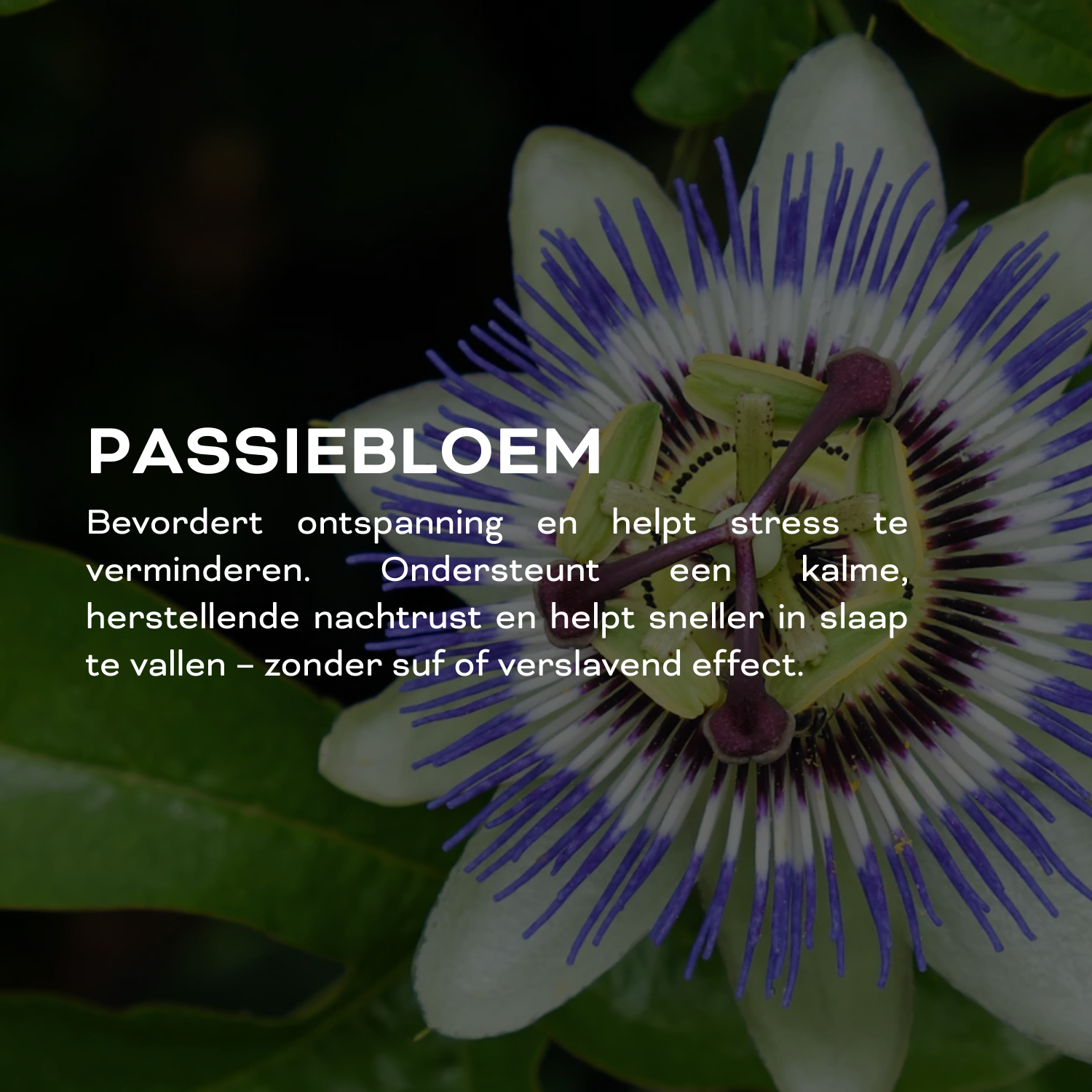Think stress is always bad
Even if it is difficult to imagine: as a human being you need stress to survive. It ensures that you can respond quickly and correctly in emergency situations, such as a car suddenly driving onto the sidewalk. Even apart from life and death situations, stress helps you perform better and get things done faster. It is often the push you need to take action. The stress must then be temporary and short in nature. In other words: once the threat disappears, your body must be able to return to a resting position. Only when stress outside your will persists for a long time, is it unhealthy stress and it is time to intervene. So make sure you can properly distinguish.
Do it to yourself
Stress can be linked to your work, private life and hobbies, among other things. It is often just habits that you consciously adopt that cause you stress, for example, plan every hour of your agenda. So don't stress yourself out by constantly imposing unnecessary obligations on yourself. Take back control of the situation by dropping a few tasks and appointments and consciously planning moments of rest. That may hurt for a while, but it is very calming in the long term.
Blame yourself
Sometimes stress is literally in your head: you believe what you think, while worrying thoughts are certainly not always correct. Those who experience stress, for example, quickly blame themselves: "If I had started that task earlier, I would not be stressed now." But such thoughts do not take away your stress and also leave you with a negative feeling. Break such a negative spiral with an activity that takes your attention away from worrying. Take a walk around the block, complete a crossword puzzle, start knitting ...
Don't talk about it
If you don't talk to anyone about your worries or feelings of stress, then no one can help or ease your concerns. Friends, family or colleagues: you trust them, so why not share your fears or frustrations with them? If you find it difficult to talk, you can still write down your thoughts and feelings on paper or in the notes of your mobile phone. That is the ideal way to get out of your head and view everything from a distance. Do this even if there are a thousand and one to do's going through your head, so you can relax and reflect on which tasks are given priority.
Postpone your bedtime
Don't let distracting factors get the better of your bedtime. Watching series or surfing the internet for hours in the evening may distract you from your thoughts of stress for a while, but at the same time it also contributes to a lack of sleep. You want to avoid that, because stress and fatigue go hand in hand. In addition, a lack of sleep is fatal for your energy level, while stress often already means less energy. Therefore, make sure you have a steady rhythm in your sleeping pattern. Always go to bed at the same time and get up at the same time. That regularity ensures that you get enough sleep and also offers more rest than if you constantly alternate.
Reaching for comfort food
Chocolate, chips, pizza, ice cream, energy drink, beer ... They are all types of food that suddenly seem very attractive when it all gets a bit too much. Sun comfort food offers only a little relaxation. After a sugar spike, the stress just comes back, and you might even feel bad about what you ate or drank. Moreover, it is only a matter of time for a poorly nourished body that is already out of balance due to stress completely quitting and getting sick. So say no to unhealthy food and try to avoid sugars, fats, alcohol, caffeine etc. as much as possible.Underestimating the impact of exercise
Sport is often the first thing you will want to delete during a very busy day because you have 'no time' for it. Or you decide to postpone it until you finish all your tasks of that day. But in that case, procrastination is almost always a set- off. Because once your long to-do list is finished, you don't want to do anything. However, exercise has important benefits in both the short and long term with stress. It gives you energy again and just because you can move your attention during exercise, it helps you to feel less stressed. Regular exercise also makes you more resistant to stress and stress over time. In short: just when you feel 'no time' to exercise, it's an excellent idea to go!
Not using natural tools
You may still be pulling your nose for it now, but there are different plants and herbs that can help you relax in a completely natural way. Adaptogenic plants such as rose root, ashwaganda or maca are even known to better arm yourself against stressful situations. Various dietary supplements also contain plant extracts that give you more energy and make you more resilient to stress. Also essential or essential oils, made from plant materials such as tree bark, petals or fruits, have a calming effect on many people. For example, a warm bath with a drop of lavender oil can do wonders when it is stressful.
Looking for more mental energy, a positive mood and stress resistance?
Consider Mood Rise with Saffron, Rhodiola, Ashwagandha, Vitamin Bs, Vitamin D and Magnesium. Find out Here








